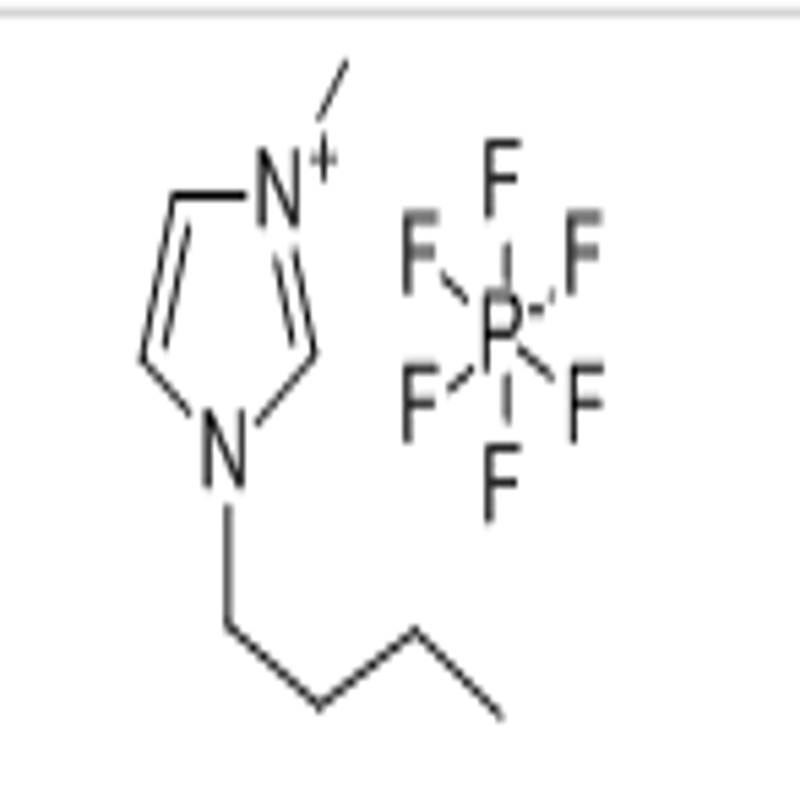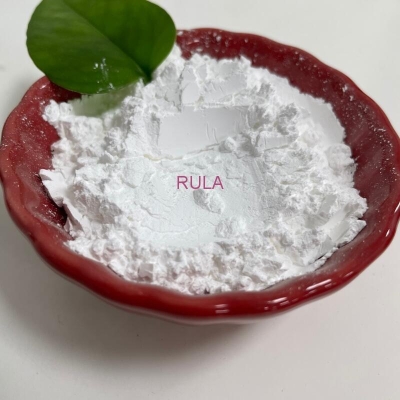-
Categories
-
Pharmaceutical Intermediates
-
Active Pharmaceutical Ingredients
-
Food Additives
- Industrial Coatings
- Agrochemicals
- Dyes and Pigments
- Surfactant
- Flavors and Fragrances
- Chemical Reagents
- Catalyst and Auxiliary
- Natural Products
- Inorganic Chemistry
-
Organic Chemistry
-
Biochemical Engineering
- Analytical Chemistry
- Cosmetic Ingredient
-
Pharmaceutical Intermediates
Promotion
ECHEMI Mall
Wholesale
Weekly Price
Exhibition
News
-
Trade Service
3-Formyl-2-pyridinecarbonitrile (FPC) is a chemical compound that is used in various industrial processes, including the production of pharmaceuticals and agrochemicals.
The chemical industry has long been associated with potential safety concerns, and FPC is no exception.
This article will explore the safety of FPC and the measures that can be taken to ensure the safety of workers and the environment.
Physical and Chemical Properties
FPC is a colorless liquid with a strong, unpleasant odor.
It is highly flammable and can easily ignite when exposed to heat or sparks.
FPC is also a toxic compound, and exposure to high levels of the chemical can cause skin irritation, respiratory problems, and even death.
It is classified as a Category 3 carcinogen by the International Agency for Research on Cancer (IARC), which means that it is possibly carcinogenic to humans.
Health Hazards
FPC poses various health hazards to workers who handle the chemical.
Inhalation of the vapor can cause respiratory problems such as coughing, chest pain, and difficulty breathing.
Prolonged exposure to the vapor can lead to lung damage and even death.
Skin contact with FPC can cause skin irritation, including redness, itching, and blistering.
Ingestion of FPC can cause nausea, vomiting, and diarrhea.
It can also cause central nervous system effects, including dizziness, confusion, and even coma in severe cases.
FPC is also harmful to the environment, as it can pollute soil and groundwater.
Storage and Handling
To ensure the safety of workers and the environment, FPC must be stored and handled properly.
The chemical should be stored in a cool, well-ventilated area away from any ignition sources.
It should be stored in airtight containers to prevent leakage and contamination.
The containers should be labeled with hazard warnings and the name of the chemical.
Workers who handle FPC must wear appropriate personal protective equipment, including gloves, goggles, and respirators.
The equipment should be selected based on the level of exposure and the hazards associated with the chemical.
Workers should also be thoroughly trained on the safe handling and storage of FPC.
Spillage and Leakage
In the event of a spillage or leakage, the area should be evacuated immediately.
The spillage should be contained and cleaned up using appropriate methods to prevent contamination of soil and groundwater.
The chemical should be disposed of in accordance with local and national regulations, and a hazardous waste disposal contractor should be engaged to handle the disposal process.
Emergency Response Procedures
Emergency response procedures should be in place in case of an accident or emergency involving FPC.
The procedures should include emergency evacuation procedures, fire safety measures, and procedures for the safe handling and disposal of hazardous chemicals.
Employees should be trained on the emergency response procedures, and the procedures should be reviewed and tested regularly to ensure their effectiveness.
Conclusion
3-Formyl-2-pyridinecarbonitrile (FPC) is a hazardous chemical that poses various health and safety hazards to workers and the environment.
To ensure the safety of workers and the environment, FPC must be stored and handled properly, and workers must be trained on the safe handling and storage of the chemical.
Emergency response procedures should also be in place, and the procedures should be reviewed and tested regularly.
By taking the necessary precautions, the potential hazards associated with FPC can be minimized, and the safety of workers and the environment can be protected.







